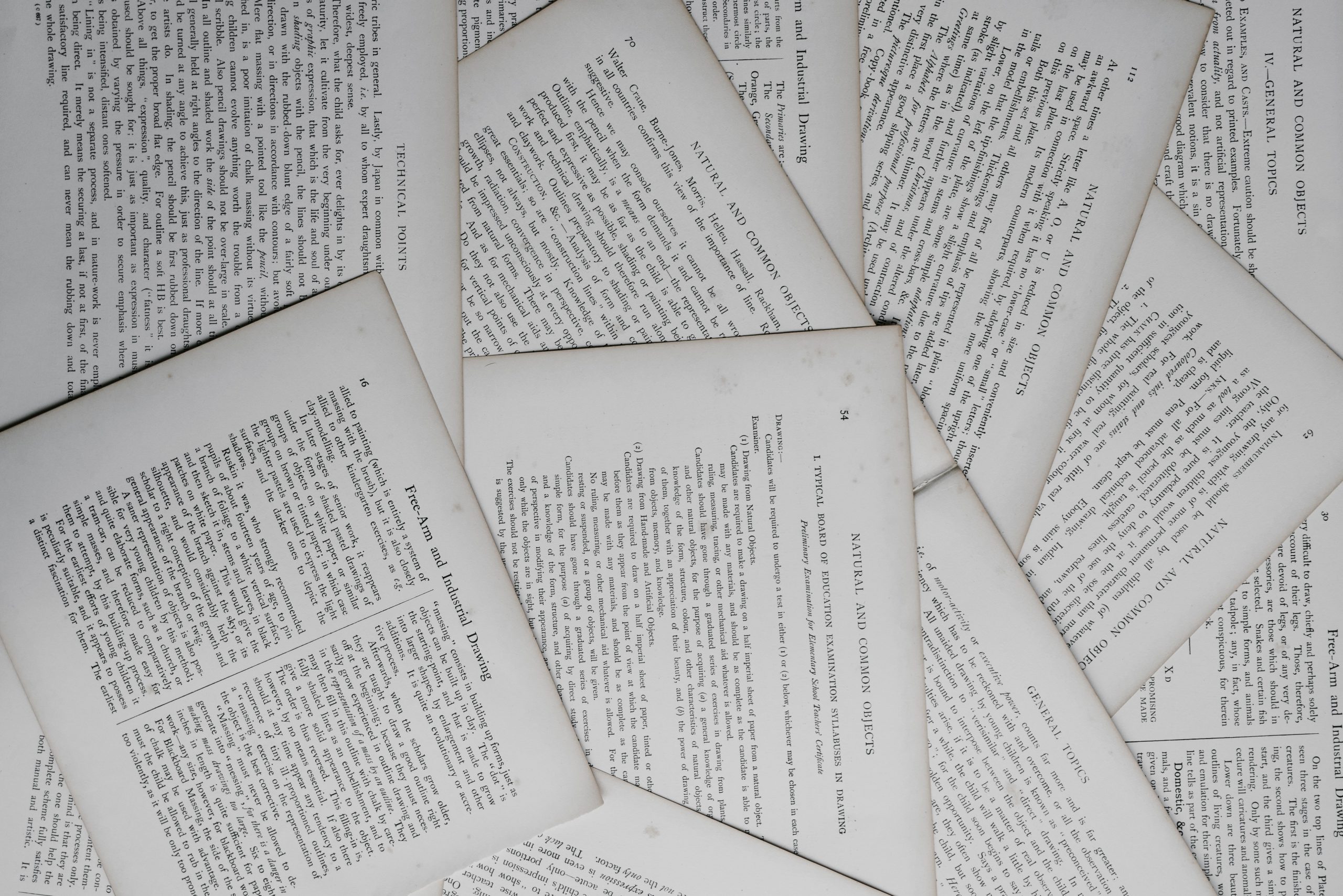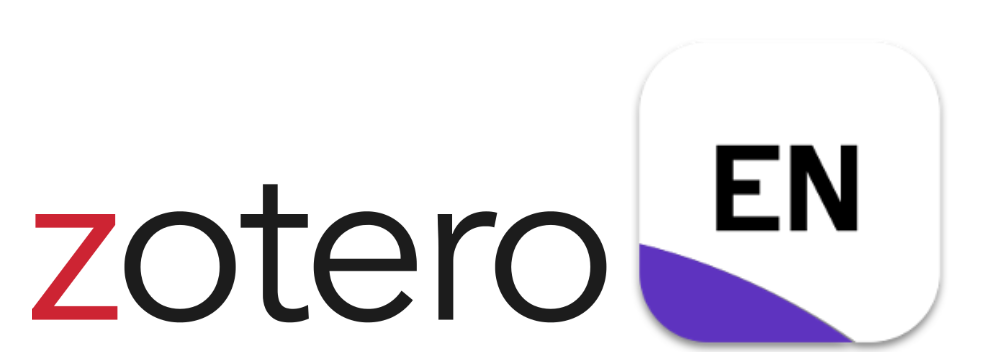Module 3: Managing and Organizing Research
Managing and Organizing Research
Topic 2 – Bibliographic Management Tools

Image source: Unsplash.com
Bibliographic management tools are software packages that help writers organize their sources. In addition to outputting bibliographies (lists of citations) or reference lists formatted in different styles, they can help organize sources by project. They can accept and save sources directly from many different academic databases and library catalogs. They can serve as a place to add your own notes and useful quotes from each source. They can often save PDFs of the sources themselves. Some are free, others are paid services; others are free to university-affiliated researchers.
The University of Kentucky Libraries supports using two of the most common bibliographic management tools, Zotero and EndNote. EndNote is made available to all those affiliated with UK, and Zotero is freely available to all on the web.

There are pros and cons to using both EndNote and Zotero, and different researchers will find different aspects to be pros or cons. Things I often advise researchers to consider are that Zotero can go with you anywhere for free (I have used my own Zotero account for nearly two decades, since grad school and while working at four different institutions) while you may end up paying for your own EndNote software to keep your access to it permanent and portable, even if you are currently at an institution that offers access. Some researchers find EndNote more powerful and user friendly.
The assignment for this section encourages you to read guides for both and consider your own list of pros and cons—for their features, and for the idea of using one or the other at all. You might already use a different bibliographic management tool altogether, and that is okay, too! You might feel hesitant to use one at all, especially if you are a practiced researcher and writer who has never used one. That is also more than okay! But this type of software was originally developed for the scope of writing a dissertation, so even if you have never used it before, this might be a good time to try. If so, you may want to take the opportunity to download, install, set up your account, and practice importing some sources.
Outside Readings
